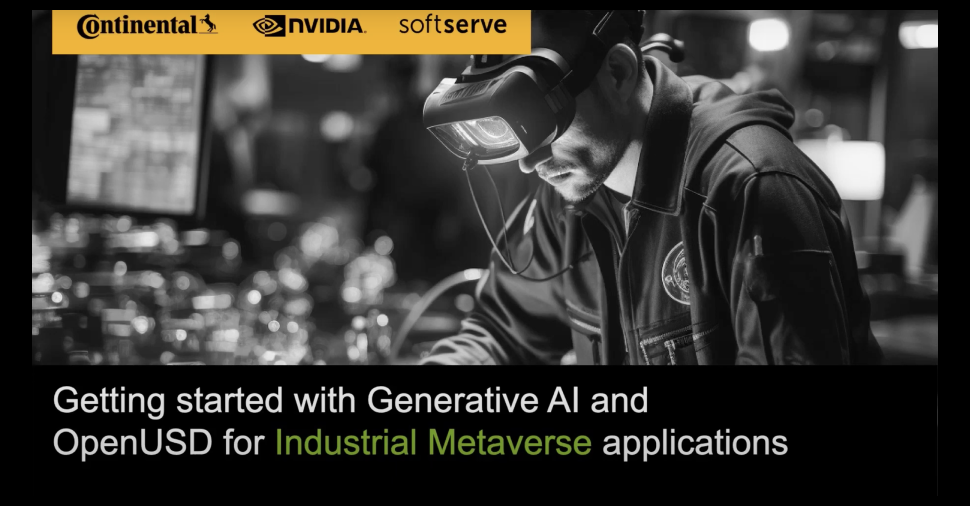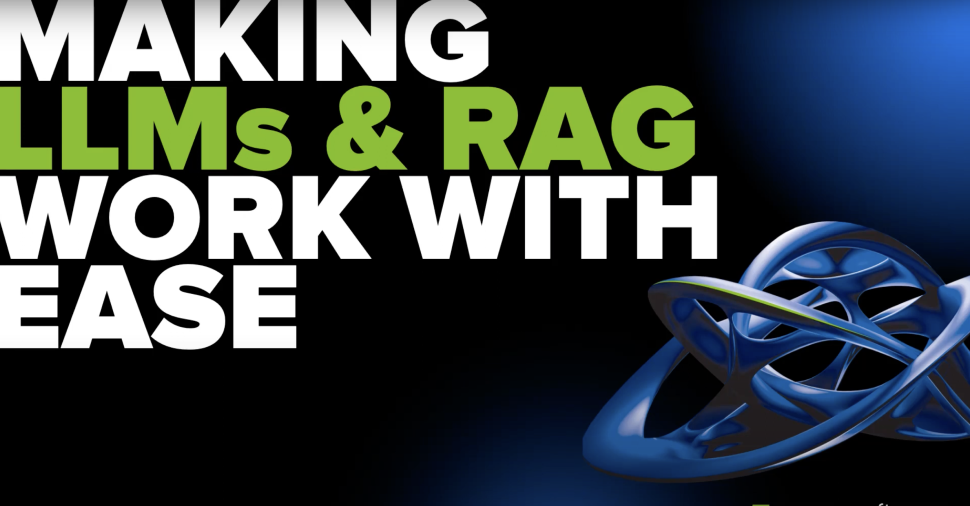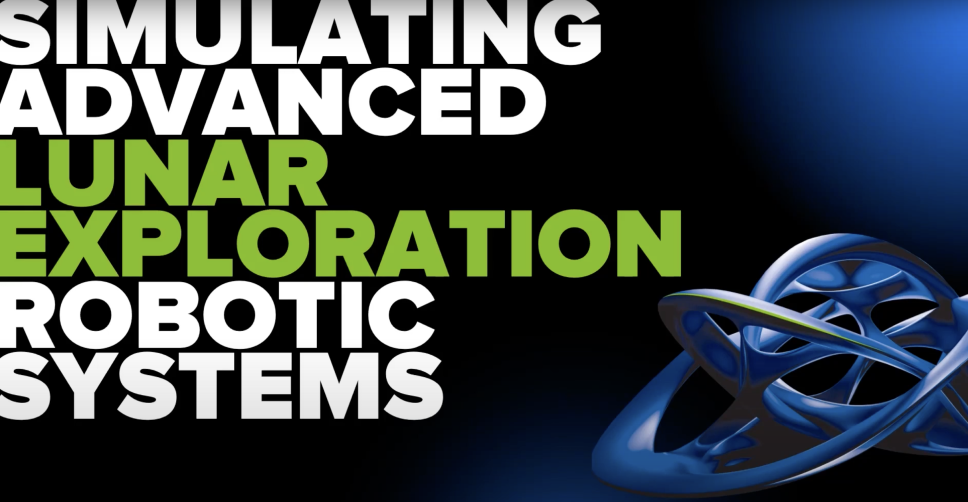Frequently asked questions:
What is Industrial Metaverse?
Industrial Metaverse is a concept that involves enabling
capabilities such as simulation, 3D visualization, collaboration,
and autonomy to enhance decision-making and productivity in
industrial settings.
How can Generative AI be applied in the Industrial Metaverse?
Generative AI can be used in the Industrial Metaverse to improve
data accessibility, reporting, task performance, and context
generation, increasing productivity and efficiency in industrial
operations.
What is an LLM?
An LLM, or Large Language Model, is a type of artificial
intelligence built to understand and generate human language. These
models are typically trained on vast amounts of text data, enabling
them to predict and generate coherent sentences and paragraphs based
on input prompts. LLMs, like GPT-3, are capable of a wide range of
language tasks, including translation, summarization, question
answering, and even creative writing. They operate by recognizing
patterns and relationships within the data they have been trained
on, making them versatile tools in natural language processing and
other applications that require language understanding and
generation.
What is Simulation First approach?
Simulation First approach is a methodology that emphasizes the use
of simulations at the forefront of the engineering and development
process. This technique involves creating detailed virtual models to
simulate the behavior, interactions, and performance of systems or
components before physical prototypes are built. By relying on
high-fidelity simulations, organizations can save time, reduce
costs, and enhance the reliability and efficiency of their projects,
ensuring that physical implementations are more accurate and
effective.
What is the role of RACK in Generative AI applications?
RACK (Regulated Access to Confidential Knowledge) helps in ensuring
data privacy, improving data quality, and aligning generative AI
predictions with organizational data, making them more relevant and
factual.
How has Generative AI evolved over the years?
Generative AI has evolved from early models like Transformer to more
advanced models like GPT-3, achieving human-level performance in
natural language tasks and expanding into image and audio generation
applications.
What are some key use cases for applying Generative AI and LLMs?
Key use cases for applying Generative AI and LLMs include data
insight, data generation, and data interaction, which involve
utilizing knowledge, deriving insights, and generating new data for
various business functions.
How can Generative AI revolutionize different business functions and
industries?
Generative AI can accelerate knowledge discovery, decision-making,
data generation, and communication processes, leading to improved
efficiency and productivity in various business functions and
industries.
What are the challenges and opportunities when using Generative AI
for industrial applications?
Challenges include data quality, security, and privacy concerns.
Opportunities lie in enhancing decision-making, knowledge discovery,
and data generation processes in industrial settings.
What are some practical applications of Generative AI technology?
Practical applications of Generative AI technology include
streamlining processes like data insight, improving customer
experiences, automating content creation, and enhancing software
development.











